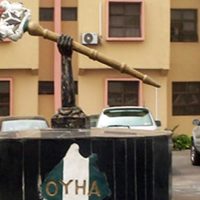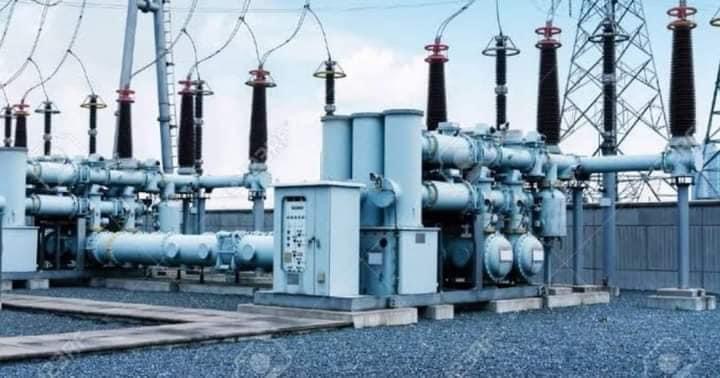President Tinubu, on Monday, said Nigeria’s power sector privatisation had failed to meet its objectives, as the national grid was serving only about 15 per cent of the country’s electricity demand despite being privatised 10 years ago. Tinubu canvasses N2tn Discos’ recapitalisation, tariff review.

Tinubu, who spoke during the Nigeria Electricity Supply Industry market participants and stakeholder roundtable that focused on privatisation, also called for the recapitalisation of power distribution companies.
Represented by the Special Adviser, Energy and Infrastructure, Office of the Vice President, Sodiq Wanka, the President said, “10 years on, I believe it is fair to say that the objectives of sector privatisation have, by and large, not been met. Over 90 million Nigerians lack access to electricity.
“The national grid only serves about 15 per cent of the country’s demand. This has left households and factories relying on expensive self-generation, which supplies 40 per cent of the country’s demand.
“What is worse is that the total amount of electricity that can be wheeled through the national grid has remained relatively flat in the last 10 years. The grid capacity has increased from just over 3,000MW to roughly 4,000MW today. Versus a 40,000MW target by 2020 that the Federal Government had set pre-privatisation.”
The President stated that the reasons for the sector’s underperformance in the last decade were well known, including deep commercial, governance and operational issues that had beleaguered the sector.
“As of Q2 2023, for every kWh (kilowatt-hour) of electricity sent to the grid, only 60 per cent is paid for. But as we know, even the tariff paid for that unit of electricity is far from being cost-reflective, especially in light of the recent devaluation of the naira.
“The sector has suffered chronic underinvestment, especially in transmission and distribution. Many of the successor utilities of the PHCN have failed to meet their performance




